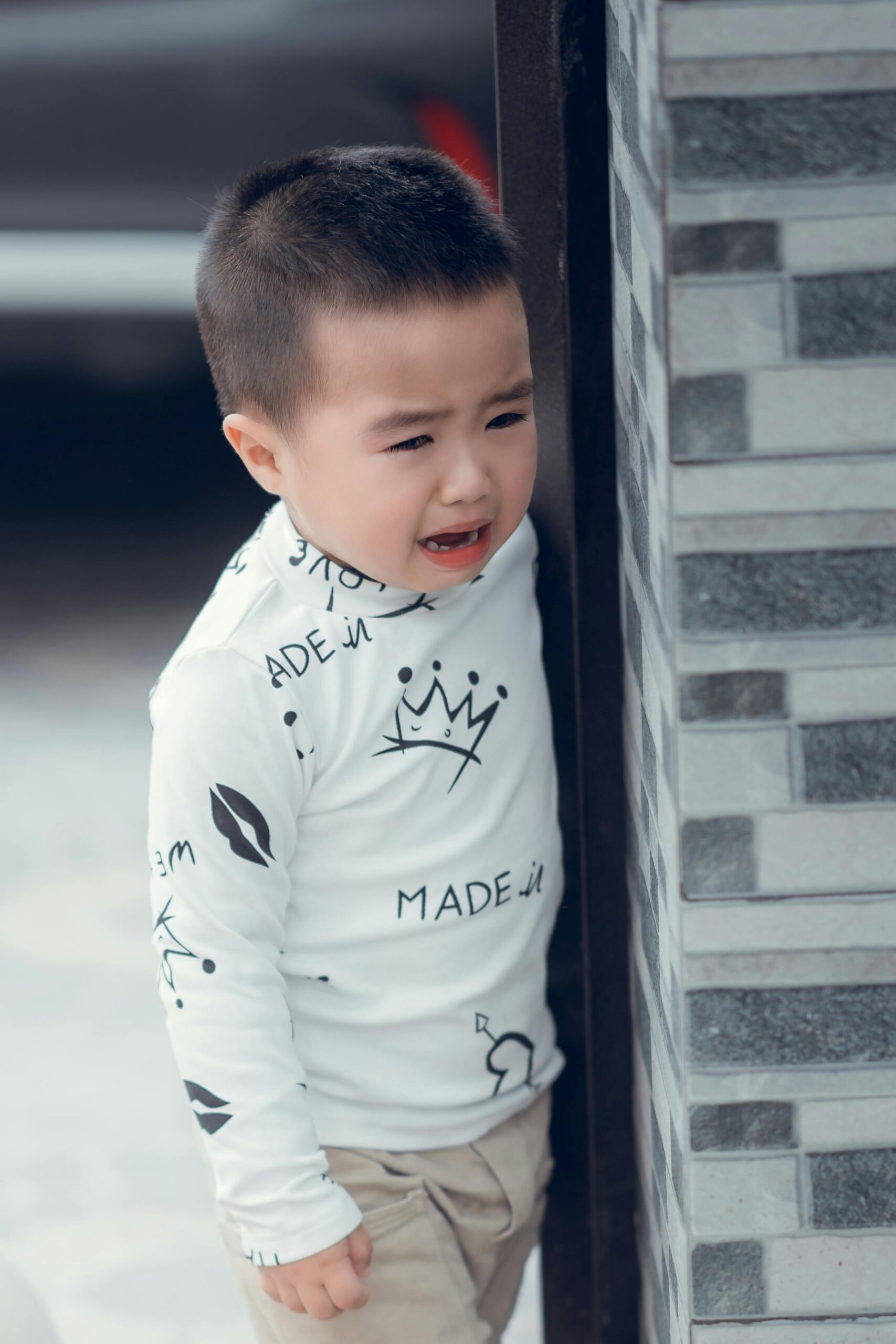These 10 Reasons Will Make Your Toddler Fussy
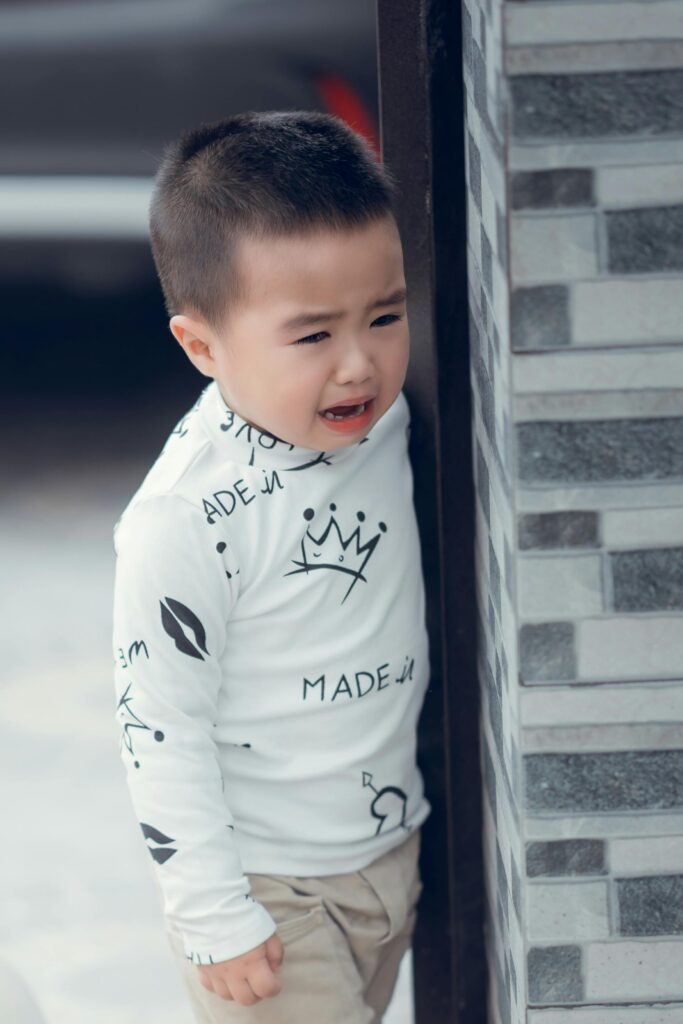
One minute your toddler is bubbly. The next minute, they are fussy and inconsolable.
Crying, agitation, throwing tantrums are all a description of the infamous, “terrible twos” or “terrible threes” in toddlers.
Riddle me this, what makes toddlers lose their mind, temper, or both, out of the blues?
Are they testing your patience?
Are they just, that, bad or overpampered kids?
Let’s learn more about fussiness in toddlers, including the causes and management tips.
What Causes Fussiness in Toddlers?
These are the primary causes of fussiness in toddlers:
1. Weak Emotional Regulation
A fussy two or three-year old toddler can be a pain in your neck. They leave you seething with rage, disappointment, or both.
Toddlers, unlike adults, don’t know how to hold back their emotional outbursts. When they are frustrated, they let out a loud wail and whimpers
Since toddlers are still learning how to control their emotions, they could get fussy time over time.
Second, toddlers are still learning how to communicate with you. Unlike adults who know how to express themselves when sad, unwell, frustrated, hungry, or angry, babies just cry.
2. High Testing Limits
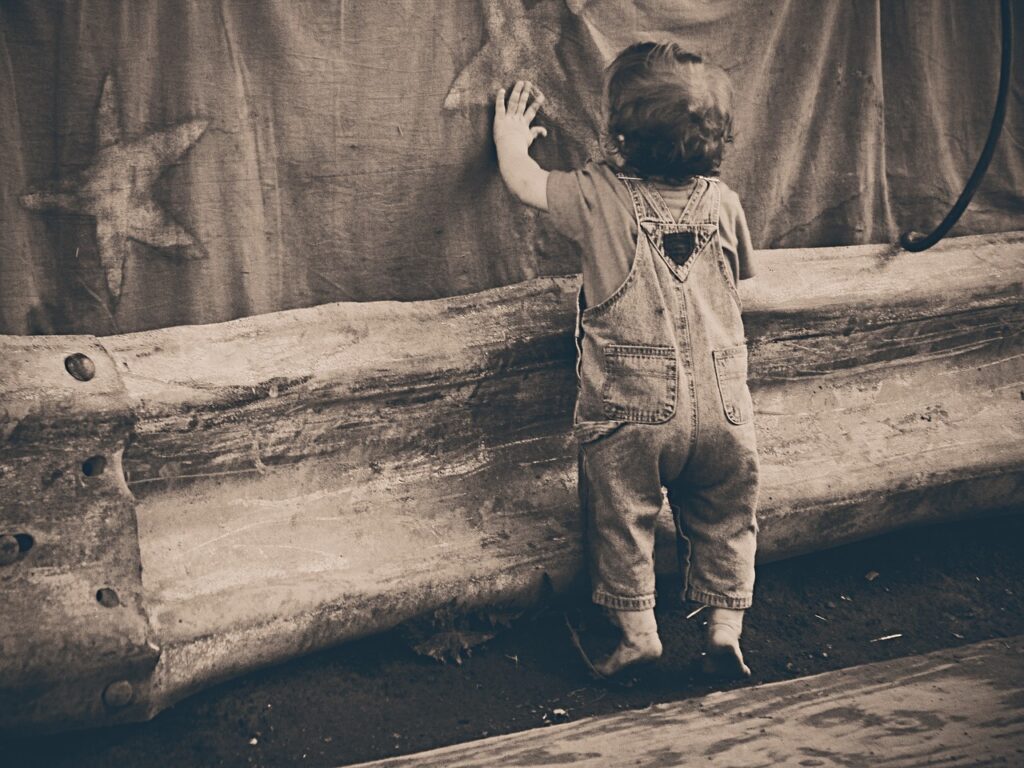
The period of terrible twos and threes coincides with adventure and exploration. Your toddler wants to know what the world holds for them.
During this adventure, your patience, their emotions, and the environment’s mystery will be put to test.
Although this curiosity is commendable, toddlers lack the capacity to do so with caution. They will throw caution to the wind and put their lives on the line.
When you try to hold these toddlers and remind them that you still need them around and healthy, they get frustrated.
They might throw tantrums, wail as if their lives depend on it, hit themselves against objects, and do anything that fussiness entails.
3. Close Distance to Parent(s) and Guardians

You might have realized that your toddler “misbehaves” a lot when you are around. Surprisingly, in your absence, the toddler acts all innocent, bubbly, and obedient.
Research has revealed that, babies test their parents’ or guardians’ limits since they know that they would be rescued immediately they mess up.
They say that familiarity breeds contempt.
4. Separation Anxiety
As a mother or guardian, you are likely to separate with your toddler after some time. Probably, you have to resume back to work, or attend to other duties.
In most cases, the separation occurs during the first year, leaving the toddler traumatized and protesting.
When this occurs, your baby develops a habit of protesting whenever they sense you are about to leave them in the hands of a caregiver. You can easily note this act of protest by how they behave; throwing tantrums, running or crawling after you, acting indifferent or deviant.
5. Tiredness
Another reason why your toddler is fussy is because they are tired. Lack of sleep adversely affects a toddler’s coordination and concentration, making them moody.
As a parent, guardian, or caregiver, try to ensure that the toddler gets at least 11 to 14 hours of sleep every day. Adequate sleep for toddlers is good since it helps them in the following ways:
- Improving brain development.
- Improving the toddler’s memory, attention, and behavior.
- Minimizing exhaustion after hours of activity.
- Promoting overall mental and physical health.
6. Inadequate Structure for Transitions
At the age of two, toddlers are adapting to new routines including staying awake, feeding, and bathing.
To you, these might feel like ordinary things. However, toddlers might feel that this is too much to process in their tiny brains.
For example, you just took the toddler to the amusement park. In their mind, they are having endless fun and are not aware that time is passing. Then out of nowhere, you tell them that it is about time to leave.
Put yourself in the toddler’s shoes. How would you feel if someone switched off the television when you are watching your favorite program?
To avoid rushing the toddler during such transitions, practice the following:
- Give them a genuine reason: You need to make sense in the toddler’s perspective before taking them away from their fun activities. “Baby, we need to go and eat. When you eat, you will become big like daddy (or mommy).” When you approach things from this angle, you will be making sense.
- Give time warning: Inform them in advance that you are about to transition to another activity. This prepares them mentally that it is about time and reduces chances of deviance or tantrums. Additionally, it helps the toddlers complete any activity that they might have been planning. What a perfect way to avoid making the toddler fussy.
- Tell them of your expectations of them: “I would be so happy seeing you help mommy make supper. Put on your shoes and let’s leave. Ready?” This statement instils a sense of responsibility, confidence, and curiosity in the toddler.
“I don’t want to see you crying. You are a big baby for goodness sake. Do you want me to call your friends over to see you whining?” This statement, on the other hand, leaves them sad, afraid, and with a negative attitude, and might make the toddler fussy.
d. Use positive affirmation: Using positive words when giving toddlers instructions makes them less fussy. For example, “I love how you listen to me when I tell you to finish up playing and leave for home. It makes me happy and proud of you.” Such a statement gladdens the toddler’s heart.
7. Inadequate Physical Activity
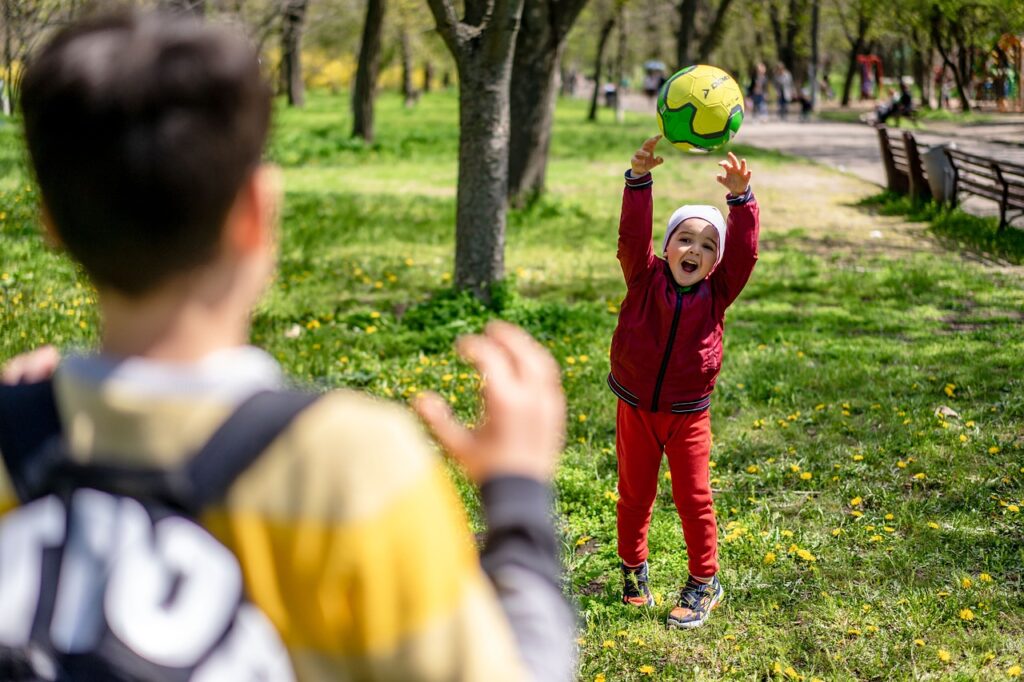
Your toddler learns how to do things through practice, and not watching. In my article on screen time, I mentioned that physical activities are beneficial to toddlers over watching their favorite cartoons and songs on TV or mobile devices.
Denying your toddler the opportunity to engage in physical activities only causes delay in mental and physical development. Besides, this poor approach to physical welfare makes the toddler fussy and mentally messed up.
Some of the ways to keep your toddler physically active is by taking them for a walk, run, dance, or even aerobics. An active toddler is a happy toddler, which equals to, less fussiness.
8. Manipulation
In some cases, your toddler might realize that crying gets their demands met without question.
Have you encountered an incident where a parent told you, “Just let him/her pinch you a little. If you deny him/her, he’ll/she’ll throw tantrums.”?
It might sound funny or sad, but it happens. A lot.
As a parent, guardian, or caregiver, model the toddler on how to request for things, instead of throwing tantrums.
Anytime they verbally request for something instead of throwing tantrums or blackmailing you, reward them.
9. Teething
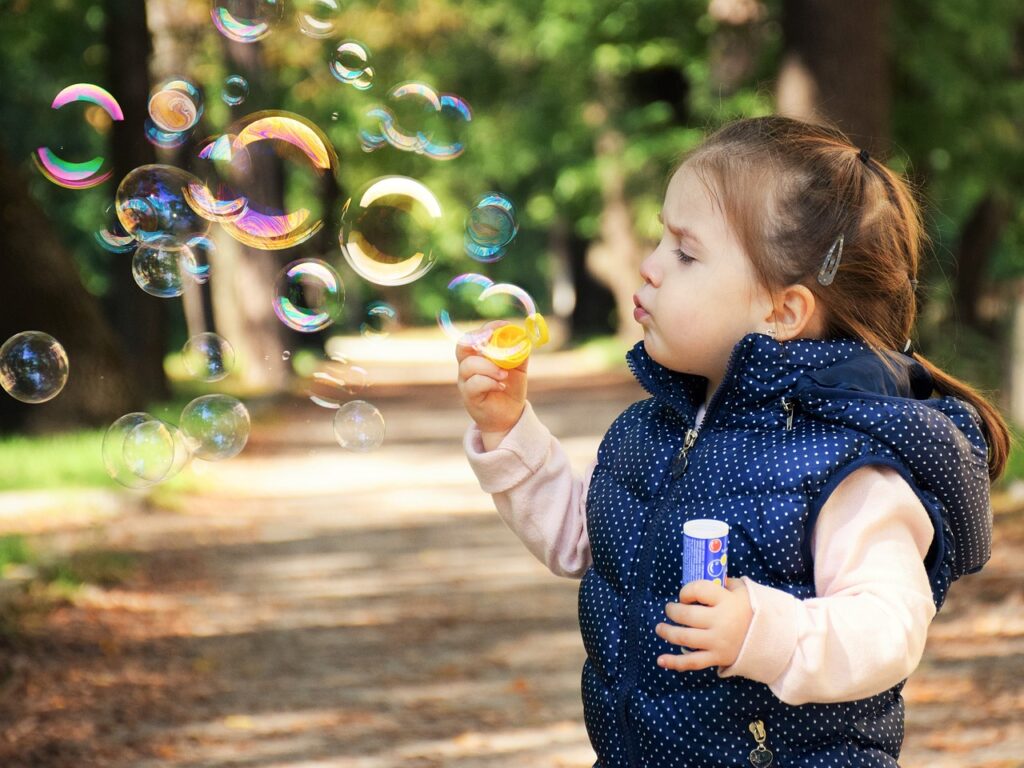
Teething is a complex part of growing that I covered in this article.
At the age of two or three, most babies are teething, especially premolars. Some babies might experience some discomfort or pain when teething, which makes them fussy. Use the tips that I mentioned in the article to bring back peace and comfort to your teething toddler.
10. Overstimulation
The final possible reason why your toddler is fussy is because they are overstimulated. Overstimulation is a situation where the toddler’s relaxed mind becomes “shocked”. Shouting at them, hitting them, or even dreams could make a toddler’s mind overstimulated.
As a way of letting out the piled-up pressure, the toddler gets fussy. You can avoid overstimulation in toddlers by keeping them in a calm place, away from noise and bright light.
Bottom Line
If your toddler is fussy, take time to understand the cause. In some cases, the toddler could be unwell or battling these 10 issues. Once you have narrowed down to one or two possible causes, give the right prescription.
